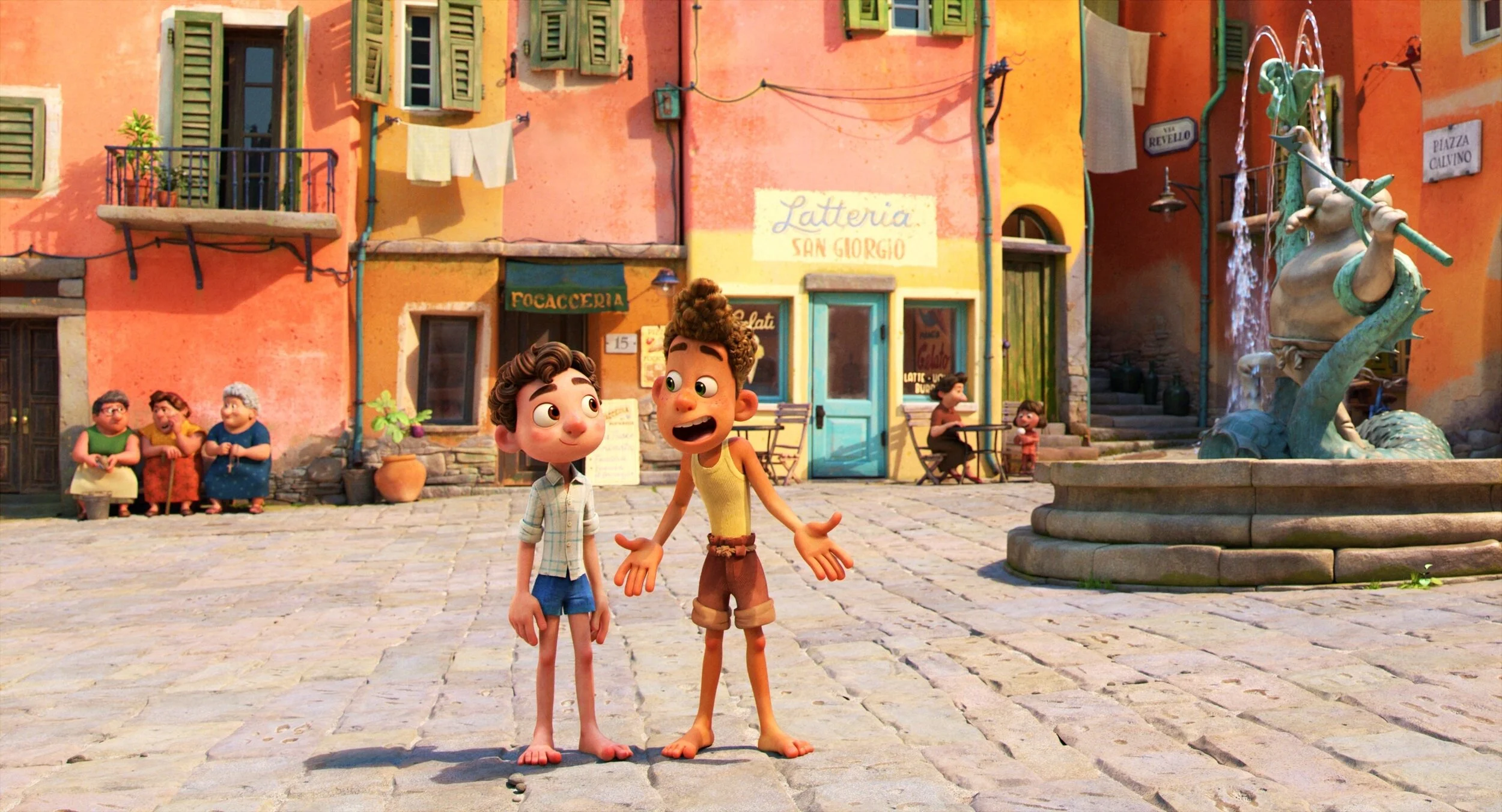To be fair, Luca isn’t up there with Pixar’s recent list-topping achievements like Up, Inside Out or Coco. It takes some of the premise of The Little Mermaid, pairs it with a mid-20th century Italian setting, and renders it with their characteristic industry-leading visuals. It may not leave you sobbing, but it’s still an easy recommendation.
Read MoreUnlike Cats, we can now look at the main character without skin-crawling existential horror. But in making Sonic look more like he does in the games, it only brings the movie out of the depths of “so bad it’s good” and up to merely “meh”.
Read MoreThe struggle is real; not only is she hounded by questions about her private life (“are you married yet?”), she also has to put on a brave face to keep the family secret because – as her own family members keep pointing out – she’s far too emotional to be able to hide anything. It’s a low-key shot at “western” values that place more emphasis on being open and free-speaking, compared to stoicism as the more widely-accepted ideal in most Asian cultures.
Read MoreIt’s also intriguing how the message of the new film hews so closely to another recent example of wokenomics, the Gillette ad “The Best Men Can Be”. The spot, which questions toxic prevailing ideas about masculinity, seems to share some thematic DNA with The Lego Movie 2. Our hero, Emmet (Chris Pratt), spends much of the story contending with a belief that he’s not grown-up or tough enough to be the “special best friend” (re: boyfriend) of the movie’s female lead, Lucy (Elizabeth Banks).
Read MoreIt’s fascinating to listen to Ted’s boss accuse Ted of letting his family distract from his job, a scene eerily reminiscent of the language used today to keep women from receiving pay equity or positions of power. The film proves how much of a mind warp gender politics can be; an argument that advances work over family is twisted and re-used to harm people regardless of gender, across whole generations.
Read MoreAnd just as venerable franchises like Star Trek and Star Wars adapt to the changing times, Lost in Space has launched on Netflix in a shiny new production, looking to mirror the progressive ideals of the current cultural landscape. And even though some may argue that sci-fi is a saturated genre, Lost in Space – whose original version actually predates the original Trek by a year, hitting CBS in 1965 – does try to set itself apart. It keeps the focus not on the intrepid crew of Starfleet-esque officers, or on a rag-tag group of rebels taking down an evil empire, but on a family unit.
Read More





